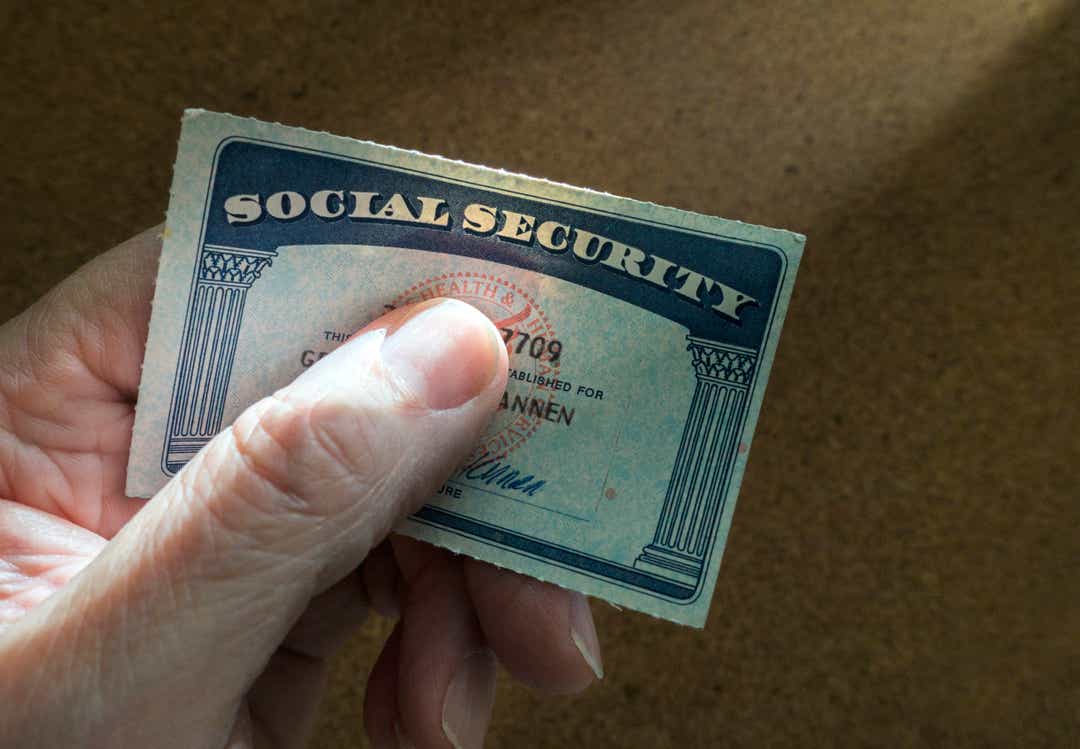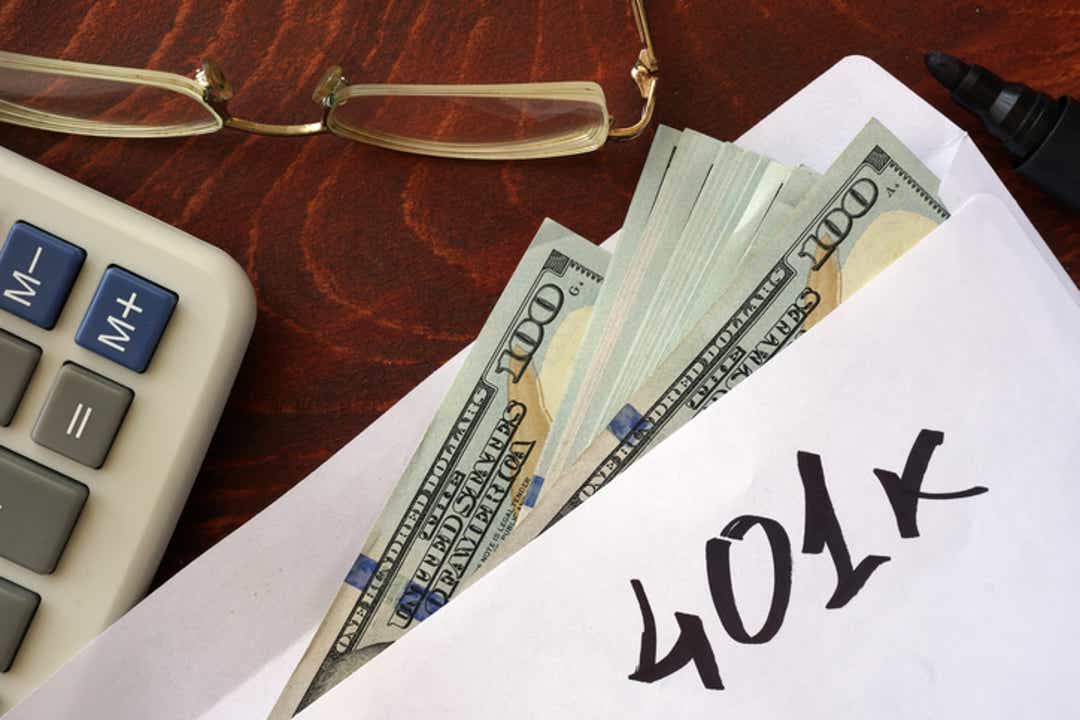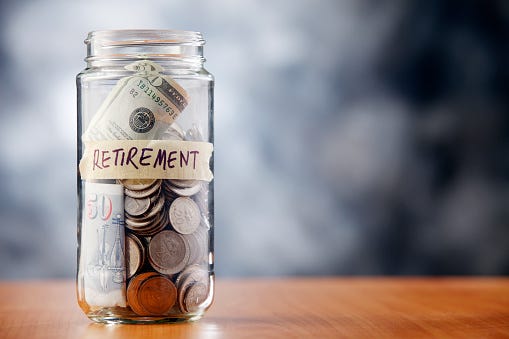LATEST FINANCIAL NEWS
How to protect your retirement savings in a recession
All this recession talk isn’t going away, with manufacturing weakness joining the inverted yield curve and other indicators pointing to a possible downturn. Recessions can be tough on everyone, but they can be especially difficult for people saving up for retirement — or trying to live through it.
We aren’t in a recession yet and might not be for many more months, possibly years. But it’s wise for retirees and those saving for retirement to ponder some key questions while the economic backdrop remains favorable.
Would a recession affect the strategy of investing Social Security benefits?
This strategy rests on the notion of collecting Social Security benefits starting at 62 or shortly thereafter, rather than waiting until a later age. The downside of collecting early is that you would lock in smaller monthly payments compared to waiting, but the upside is that you would collect more payments.
Social Security benefits increase by roughly 8% annually for each year you wait. So if you don’t spend those early checks and invest that money profitably, you could fare well.
That’s the idea anyway, but it’s tricky to accomplish.
You would need the discipline not to spend those early Social Security benefit payments. Plus, you would want your investment portfolio to generate solid returns — 8% annually is a good target — but gains that high could be elusive, especially amid the stock-market turbulence that would accompany any recession.
Jonathan Clements, editor of HumbleDollar.com, said he’s extremely skeptical that most people would be able to implement the strategy successfully.

“Claiming benefits early to buy stocks might make sense if you’re a retiree who keeps 100% in the stock market,” said Clements, who cited the strategy in a recent blog. “But I’ve yet to meet any retiree who’s a 100% stock-market investor.”
Rather, people who claim Social Security early mostly do so either because they need the money to live on or hate the idea that they might die before recouping all that they paid into the system, Clements said.
The investment strategy, he thinks, is often just used as a justification to start collecting early.
Is it better to withdraw from certain accounts?

Recessions often are times when people must lean on their investment portfolio to make ends meet. For tax and other reasons, certain accounts are better to tap than others.
For example, if you’re collecting Social Security, withdrawing money from a traditional IRA or 401(k) account could push some of your benefits into the taxable category. By contrast, if you have money in a Roth IRA, the proceeds typically come out tax-free — and wouldn’t make your Social Security income taxable.
If you’re not collecting Social Security you don’t need to worry about this, but there could be other tax landmines. For example, taking a loan from your workplace 401(k) account can be a quick, easy means of accessing part of your balance, and no taxes are due if you pay the money back. However, taxes apply if you can’t or don’t repay the loan.
Cashing out of 401(k) plans when leaving jobs, with loans outstanding or not, is one of the major reasons for “leakage,” or premature removal of money from retirement plans.
As another example, cash accessed as a permanent withdrawal from an IRA or 401(k), while you remain employed, normally would trigger taxes and possibly a 10% penalty if you’re under 59 1/2. Yet the Internal Revenue Service lists 18 exceptions to this 10% penalty rule, and some differ depending on whether the account is an 401(k) or IRA.
The point here is that tapping into retirement accounts can be complex, with numerous tax wrinkles. The best strategy is not to touch this money if possible. The next best strategy is to review the implications of loans and withdrawals before the need arises.
Should you stop contributions to a 401(k) plan or IRA?
There’s no requirement to stop contributing, provided you remain employed with work-related income, but circumstances might dictate stopping if you don’t plan ahead. For example, the money flowing into 401(k) plans peaked prior to the Great Recession in 2007 and has never fully recovered, according to data compiled by the Investment Company Institute.
But assuming you remain employed, you may continue to contribute to a retirement account, recession or not.
In fact, recessions can represent great investment opportunities, offering a chance to buy in for cheap during sharp stock-market declines, before the eventual rebound. The broad market lost more than half its value during the depths of the Great Recession but has rallied more than 300 percent since then.
Yet timing the market is difficult, especially during recessions, when emotions run high and financial scare stories dominate headlines. At such times, it’s often best just to keep investing on a regular basis and not think about it. That’s what “dollar-cost averaging” is all about.
Participants in 401(k) plans automatically benefit from this strategy, as they divert a portion from each paycheck and invest on a regular basis, without pondering every buy or sell decision.
Keeping your retirement plan on autopilot is easier to accomplish, recession or not, if you have cash reserves on the side. With funds you can access quickly, easily and penalty-free — in a bank deposit account, money-market fund or whatever — you won’t be tempted to pull money from your retirement account.
PREMIUM CONTENT: New central Phoenix apartments in Opportunity Zones could bring affordable housing
Yet amassing an emergency fund remains an elusive goal for millions of Americans. Respondents to a recent LendEDU survey reported having median or midpoint savings of just $712, which doesn’t provide much of a buffer. One in three said they had nothing.
A lack of emergency savings is one of the main problems that get people into financial trouble, and the pressures will intensify the next time the economy stumbles.
Reach Wiles at russ.wiles@arizonarepublic.com or 602-444-8616.









